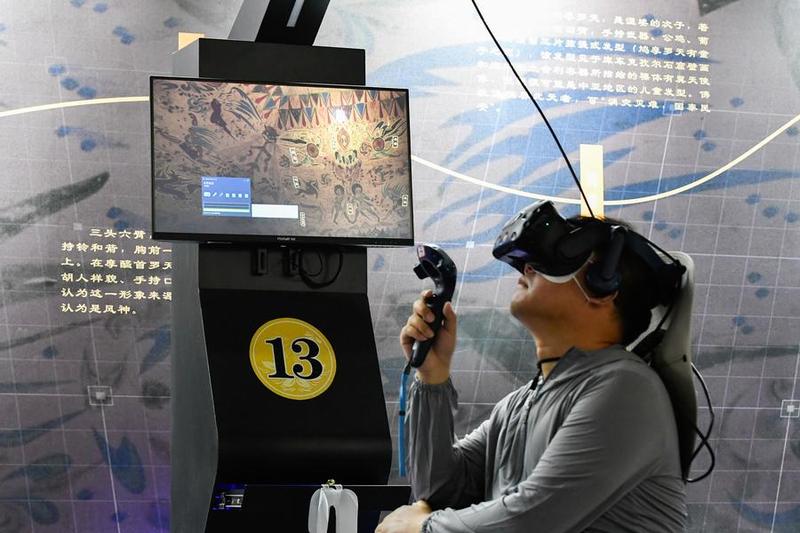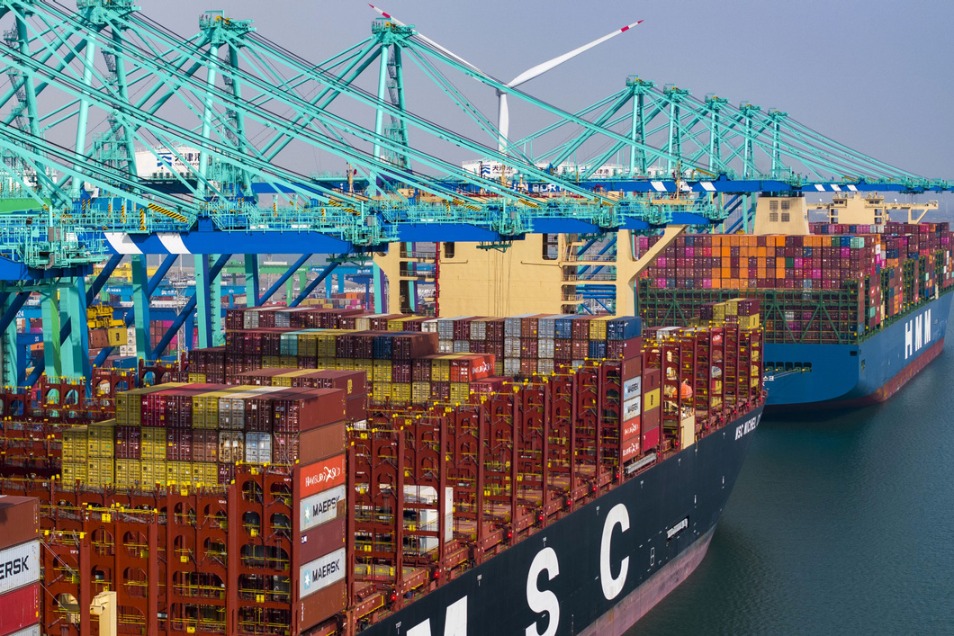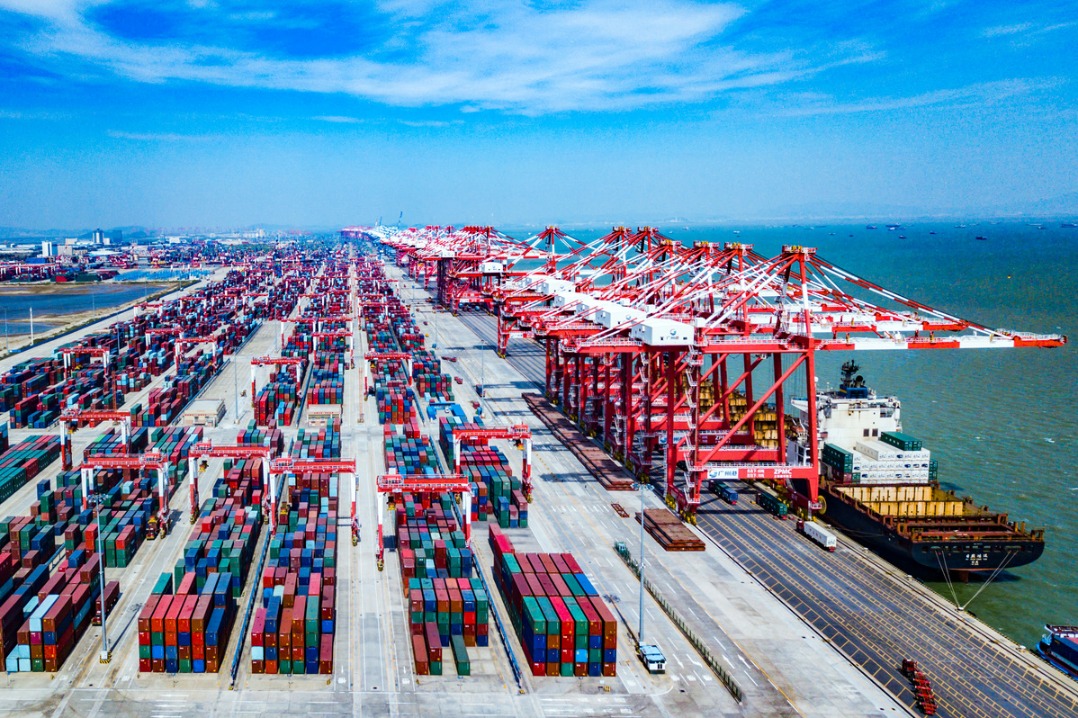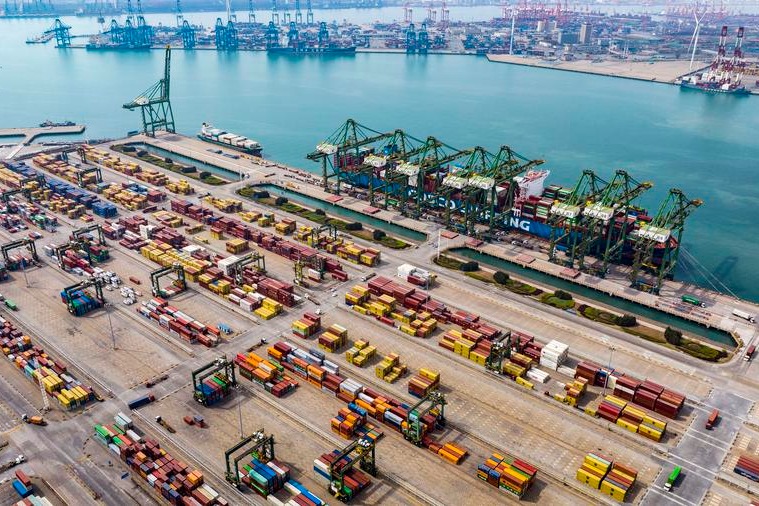Cybersecurity defenses urged to evolve
By LI JIAYING | CHINA DAILY | Updated: 2025-04-10 10:15

As artificial intelligence technologies become more deeply integrated into business operations, new cybersecurity risks are prompting companies to strengthen protective measures around AI-driven operations, said a senior executive.
"The rapid adoption of large language models (LLMs) and their privatized deployment across diverse industries and individual users are creating both new cybersecurity opportunities and challenges," said Adrian Chan, vice-president of Palo Alto Networks Greater China.

Chan said the wide applications of emerging LLMs such as Deep-Seek are expected to further fuel demand for the cybersecurity sector, where risks primarily involve data leakage prevention, infrastructure protection and vulnerabilities within the LLMs themselves.
"Many LLMs have open ports, which make them susceptible to cyberattacks," said Chan, "Hackers can easily infiltrate these models to steal sensitive data or carry out data poisoning."
Chan noted that certain industries, due to their relatively heavy reliance on data, are particularly vulnerable to cyberattacks. The financial sector is one of the most targeted, as financial institutions store vast amounts of account information and personal data — making them attractive to profit-driven attackers.
The healthcare industry is another high-risk sector, Chan said, largely because of the vast data generated by IoT-enabled medical devices. "Hospitals and healthcare providers are often exposed to security breaches due to their extensive use of connected technologies," he said.
Manufacturing is also frequently targeted, due to its complex and extended supply chains, which can be exploited for ransomware attacks, Chan added.
In addition to the industry-specific risks, the rise of AI agents — autonomous systems that can make decisions and execute tasks — has also introduced a new layer of cybersecurity concern, the executive said.
"Before trusting AI agents for everything, it is critical to make sure that their training data, model development and deployment processes are safe," he said.
As AI technology advances, cybersecurity defenses must also evolve, Chan said. "In the AI era, companies need to leverage AI-powered solutions to combat AI-driven threats," he said, adding that while business operators are using AI to improve efficiency, cyber attackers are also adopting cutting-edge AI techniques to launch sophisticated attacks.
"We believe AI will fundamentally reshape the cybersecurity landscape in the future," Chan said.
To address the emerging risks, Chan emphasized the importance of AI-driven and integrated cybersecurity platforms that accomplish real-time responses to threats.
"Many Chinese enterprises now use a bunch of fragmented security tools, which not only increases costs and reduces efficiency, but also makes it difficult to achieve real-time protection against cybersecurity threats," Chan said.
According to a recent IBM report, 52 percent of surveyed executives said complexity is the biggest impediment to security operations.
In this regard, an integrated platform can enable users to connect and visualize data across networks, clouds and endpoints, allowing for faster and more effective responses to threats in the AI age, Chan said.
























